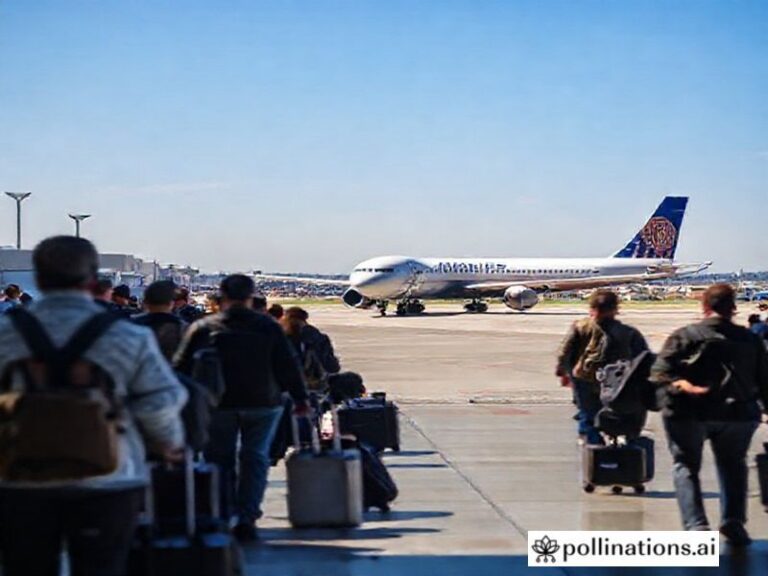Global Fender-Bender Bar: How Truck Accident Attorneys Turn Highways into the World’s Most Lucrative Theater
If you want a crash course in global inequality, skip the World Bank white papers and simply tailgate an eighteen-wheeler. The moment the bumper kisses asphalt from Marrakesh to Manila, a small army of truck accident attorneys materializes—some in bespoke Milanese suits, others in flip-flops—each ready to translate carnage into compensation with the efficiency of a Swiss bank clerk laundering a dictator’s birthday money.
Start in the United States, where “nuclear verdicts” now routinely exceed the GDP of island nations. A single jack-knifed Walmart rig in Texas can spawn litigation so baroque it employs entire floors of paralegals who speak fluent Spanglish and sarcasm. Meanwhile, just south of the Rio Grande, the same collision would be settled with a handshake, two crates of Corona, and a tacit agreement to pretend insurance is a myth invented by gringos. The attorneys? They’ve already crossed back north to chase the next ambulance, passports still warm.
Hop a freight to Europe and the choreography changes. In Germany, the truck driver submits to a breathalyzer calibrated to detect both alcohol and bad metaphors; in Romania, the trailer might be missing half its axles but the lawyer arrives with EU-certified grief metrics and a PowerPoint on comparative negligence. Brussels keeps issuing directives—“harmonize road safety standards,” they trumpet—while simultaneously subsidizing diesel so cheap it could drown a Baltic seal. Bureaucratic irony: it’s what Europeans export instead of chocolate these days.
Asia prefers volume. On the Delhi-Mumbai corridor, overloaded Tata trucks sway like drunken elephants, their “Horn OK Please” stickers offering theological reassurance rather than braking instructions. When one inevitably pirouettes into a cow, litigation resembles a Bollywood dance number—colorful, interminable, and featuring at least three surprise plot twists. Chinese attorneys, ever pragmatic, now use AI to predict settlement amounts based on the driver’s social-credit score and how photogenic the injured pedestrian appears on Weibo. Efficiency meets dystopia, served with a side of chow mein.
Africa’s roads are where optimism goes to retire. In Lagos, articulated lorries named “No Condition Is Permanent” belch black smoke loud enough to drown out the traffic judge’s tinnitus. If one disassembles itself across Third Mainland Bridge, the ensuing courtroom drama doubles as family reunion—cousins who haven’t spoken since the civil war suddenly discover joint and several liability. Attorneys accept payment in dollars, naira, or—if the client is a Pentecostal preacher—miracle healing vouchers.
Latin America adds telenovela flair. Brazilian truckers stage rolling strikes that paralyze the continent’s soy addiction, then crash from sheer exhaustion outside Curitiba. Their lawyers arrive wearing aviators and smelling of acai-scented cologne, armed with precedent from 1973 and a WhatsApp group titled “Justiça na Estrada.” Settlements are celebrated with caipirinhas and the unspoken understanding that next year’s carnival float will satirize the very same tragedy.
Australia, never wanting to feel left out, imports American litigation culture like a venomous souvenir. When a road train loses forty tons of iron ore outside Port Hedland, barristers parachute in quoting comparative negligence statutes from jurisdictions that still think the platypus is a hoax. The driver—likely half crocodile by ancestry—shrugs, files a claim for PTSD, and books a therapeutic surfing holiday in Bali, funded by a settlement that could refloat the Greek economy.
What unites these global tableaux is not rubber, steel, or even blood, but paperwork. From São Paulo to Samarkand, truck accident attorneys are the scribes of our asphalt age, translating trauma into tidy columns of damages, pain coefficients, and actuarial schadenfreude. They navigate a world where a life in Kinshasa is valued at one-tenth of a life in Connecticut, yet both can be totaled by the same faulty brake line manufactured in Shenzhen and lawyered into oblivion by a firm headquartered in Delaware for tax purposes.
And so the wheel turns. Tomorrow another container of flat-screen TVs will fishtail through a school zone somewhere, and another briefcase-toting ambulance chaser will sprint toward the wreckage, heart racing at the universal sound of opportunity: crunching metal and the faint, sweet jingle of billable hours.







